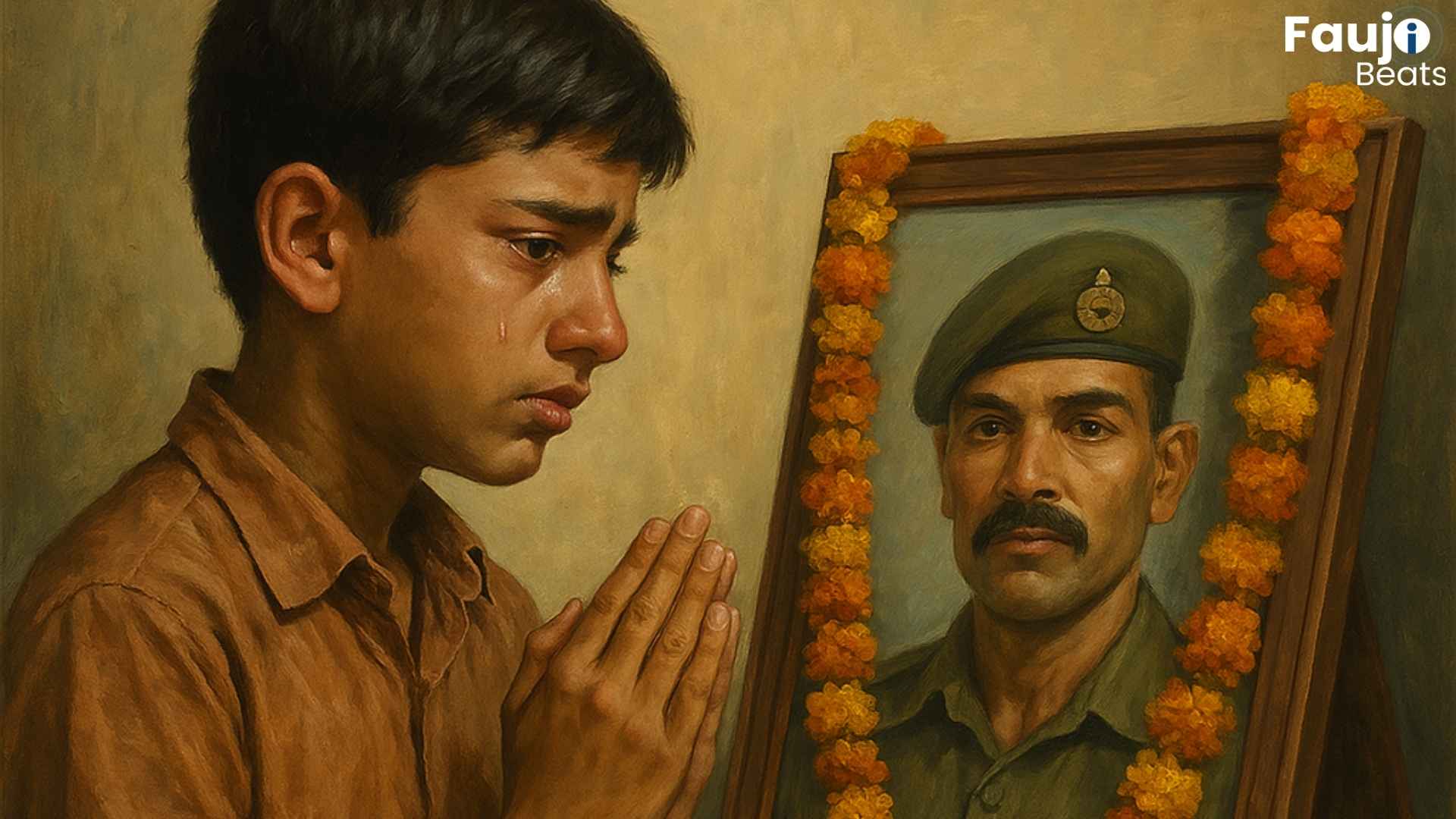Why Can't India Implement Online Voting?
In the 2019 General Election, the winning party secured approximately 23 crore votes, with a winning margin of about 11 crore votes over the runner-up. Despite the seemingly comfortable lead, one can't help but wonder if the outcome might have been different if the 30 crore eligible voters who didn't vote had participated in the electoral process.
So, why didn't they vote?
One of the primary reasons cited by the Election Commission of India is the "Inability of migrant voters to vote due to internal migration."
Why are we talking about this?
Every year, 60,000 ESM retires and around 70% of them start their second inning mostly away from their home constituency and they may not be participating in the electoral process. Furthermore, the ETPBS system of voting is complex, and it's use is restricted only to serving personnel and their spouses, excluding other family members. So, it's likely that many of these fauji family members could be part of migrant voters.
So, can online voting be the solution for them?
Let's understand..
The concept of online voting despite offering potential for increasing accessibility for migrant and reducing costs, several significant challenges prevent its implementation.
Security and Integrity Concerns
The primary challenge facing online voting is the risk of cyberattacks. While traditional Electronic Voting Machines (EVMs) are not connected to any network, making them nearly immune to remote hacking, online systems would inherently be exposed to such risks. Even advanced technologies like blockchain, though promising, have not yet proven foolproof in electoral contexts on a national scale.
Voter Verification and Privacy Issues
Ensuring the identity and confidentiality of voters online is another hurdle. Traditional voting allows for in-person verification and guarantees the privacy of the vote within the security of a voting booth. However, the privacy of online voting is problematic, as it could potentially allow for household influence by family members, undermining the voluntariness and secrecy of voting.
The Digital Divide
India's significant digital divide poses a major barrier to the universal adoption of online voting. A considerable portion of the population lacks stable internet access or the necessary digital skills. Transitioning to an online system could forbid these voters, disproportionately affecting rural and less affluent communities.
Implementation and Financial Overheads
While online voting promises to reduce the overall expenditure on elections, the initial setup costs are substantial. Developing robust and secure online voting technology, capable of handling the vast electorate of India, requires significant investment in both technology and cybersecurity. Additionally, such a system would necessitate ongoing maintenance and updates to safeguard against evolving cyber threats. Though, considering the cost for the 2024 election is expected to be 1 lakh crore, the financial outlay for implementing online voting could represent a relatively small percentage of the current cost of conducting elections.
Legal and Political Framework
The shift to online voting would require extensive modifications to existing electoral laws and frameworks. Moreover, political consensus is crucial, as evidenced by the mixed reactions from major political parties like the BJP and Congress. The lack of unanimous support and concerns about the implications of such a system on traditional voting dynamics complicates its adoption.
Equity and Inclusivity Concerns
Online voting might solve accessibility issues for some demographics, such as urban dwellers and migrants, but it also risks increasing inequities in voter participation. Those without reliable technology or internet skills might find themselves further marginalized in the electoral process.
Cultural and Behavioral Aspects
Voting in India is not just a logistical exercise; it is a communal activity deeply ingrained in the country's democratic fabric. The physical act of going to a polling booth is seen as a duty and a celebration of democracy. Changing this mindset to embrace online voting may take time and significant cultural adaptation.
Conclusion
With EVMs being questioned by several political parties, and the first attempt by ECI in 2022 to facilitate remote voting for domestic migrants (RVM) being rejected by political parties, it's not clear when this topic will garner interest. Migrants inside the country and outside have to take the lead. If they fight for their right to vote, it may push political parties to start taking it seriously.
Jai Hind!
Related Articles
 General
General
 General
General
 General
General

